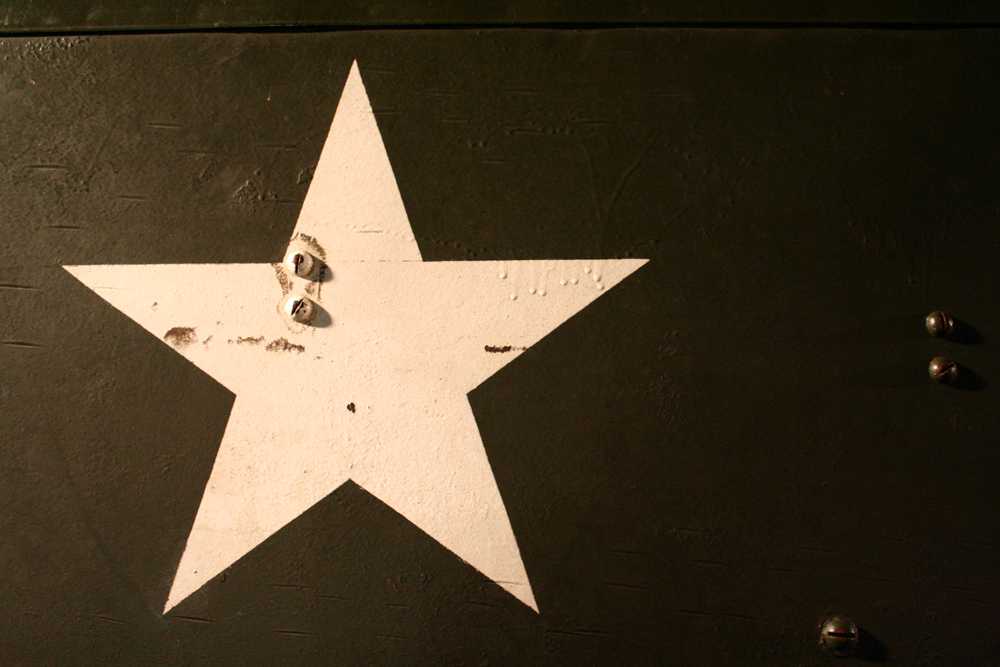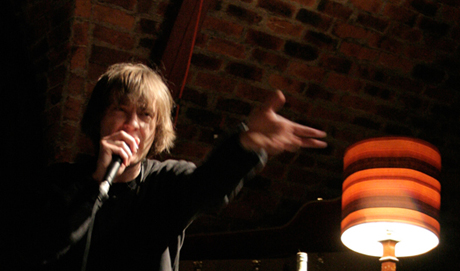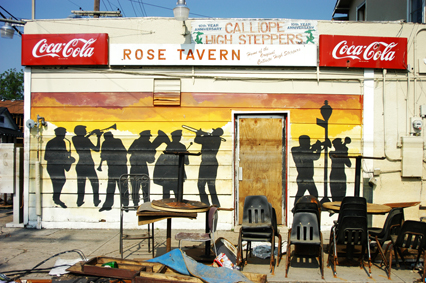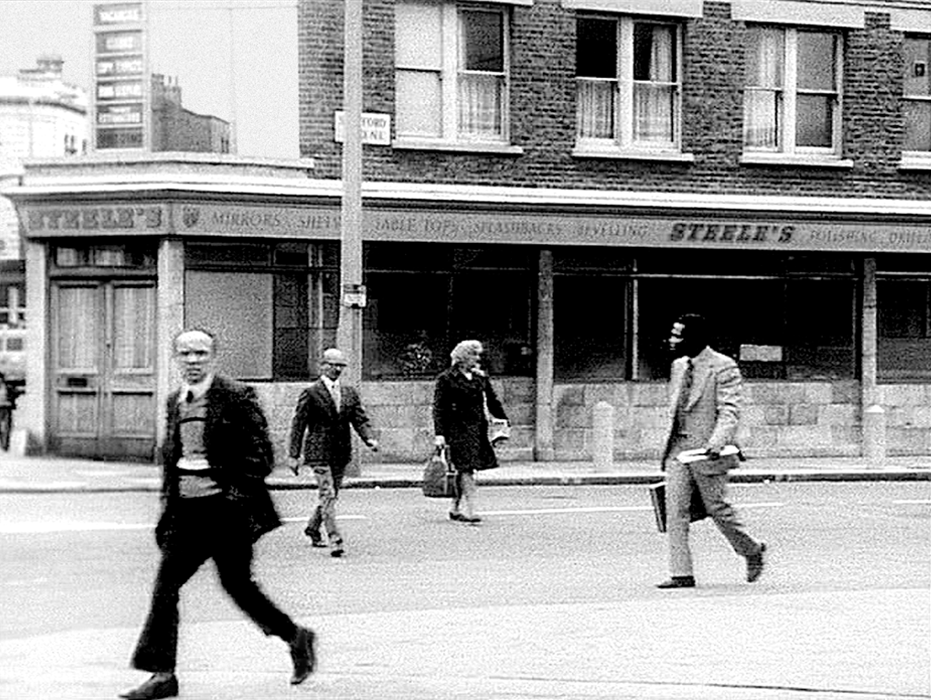Micro Notions
Judith Goddard Mike Leggett Mineo Aayamaguchi Peter Donebauer Tony Sinden
Screening of films by Duvet Brothers, David Critchley, David Hall, John Latham, Judith Goddard, Mike Leggett, Tony Sinden
Arika have been creating events since 2001. The Archive is space to share the documentation of our work, over 600 events from the past 20 years. Browse the archive by event, artists and collections, explore using theme pairs, or use the index for a comprehensive overview.
Screening of films by Duvet Brothers, David Critchley, David Hall, John Latham, Judith Goddard, Mike Leggett, Tony Sinden

Instead of the one-way monologue of normal performance, what would be the result of an actual collective dialogue? Where would it go?

Akio Suzuki and John Butcher performing in an abandoned oil tanker on Hoy.

For musical chameleon Richard Youngs both his creative and family life are focused in the room that many of us consider the centre piece of our lives.

Dave will lead a session created for teenagers and designed to stimulate a supportive environment for artistic exploration through music improvisation.

A recreation of one of Gustav Metzger’s celebrated auto destructive performances.

A kind of audience activating, structured film guessing game in the manipulation of time, sound and image. “At 11:15, weiners. At 21:05, pornography. At 23:30, a duet. Watch the Clock.”

Merzbow takes the junk of sound and transforms it into blistering noise assaults with an incredible spectrum and impact.

A dismantled, performed film, where a narrator pieces together the sounds, images and storytelling of a documentary about Hurricane Katrina before a live audience.

Includes: street portraits of kids in 1930’s Dakota, a mysterious foggy pilgrimage, a swarm of time-lapsed consumers, a stereoscopic analysis of mill life, up close and personal in a Lighting Bolt mosh pit.

Summing up of the investigations with a reflection on what has been done that week and what could be done the next.

If life is assaulted by power, where do we find spaces for living? A conversation with Peter Pál Pelbart.